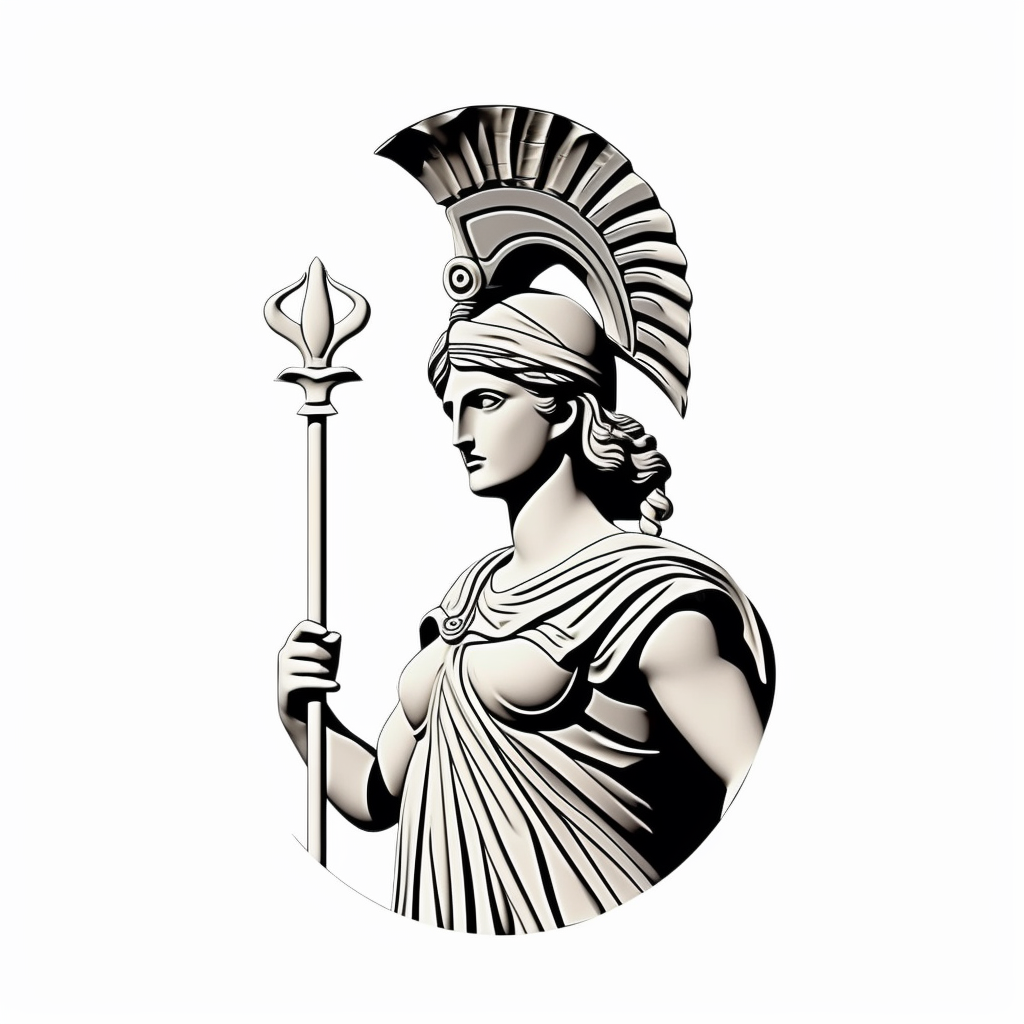
Greek mythology encompasses the collection of myths and legends of ancient Greece, offering insights into the beliefs, values, and practices of Greek civilization. These tales feature a pantheon of gods, goddesses, heroes, and mythical creatures, each with unique attributes and stories that reflect human experiences and the natural world. Below is a detailed exploration of Greek mythology, including its major figures, themes, and cultural significance.
Origins of Greek Mythology
Greek mythology has its roots in ancient oral traditions, evolving over centuries through the contributions of poets, playwrights, and philosophers. The earliest known works include Hesiod’s “Theogony,” which describes the origins of the gods, and Homer’s epics, “The Iliad” and “The Odyssey,” which recount heroic tales from the Trojan War and its aftermath. These texts not only serve as literary masterpieces but also as cultural touchstones that shaped Greek identity and values.
The Pantheon of Gods and Goddesses :
At the heart of Greek mythology is the Olympian pantheon, comprising twelve principal deities who resided atop Mount Olympus. Each god or goddess embodied specific aspects of life and nature:
Zeus: As the king of the gods and god of the sky, Zeus wielded thunderbolts and was known for his numerous affairs, resulting in many offspring, including notable figures like Athena and Apollo.
Hera: The queen of the gods and goddess of marriage, Hera was both revered and feared for her vengeful nature, especially towards Zeus’s lovers.
Poseidon: God of the sea, earthquakes, and horses, Poseidon was a powerful figure in Greek mythology, often depicted with a trident.
Demeter: The goddess of agriculture and the harvest, Demeter controlled the fertility of the earth and was central to the myth of Persephone, her daughter.
Athena: Goddess of wisdom, warfare, and crafts, Athena was born fully grown from Zeus’s forehead and served as a protector of heroes like Odysseus.
Apollo: God of the sun, music, and prophecy, Apollo was known for his oracles and played a significant role in many myths.
Artemis: The goddess of the hunt and wilderness, Artemis was a fierce protector of nature and women, embodying independence and strength.
Aphrodite: Goddess of love and beauty, Aphrodite had a complex role in both uniting and causing conflict among gods and mortals.
Ares: God of war, Ares represented the chaotic and violent aspects of battle, often contrasted with Athena’s strategic warfare.
Hephaestus: The god of fire and metalworking, Hephaestus was known for his craftsmanship and creation of divine artifacts.
Hermes: The messenger god, Hermes was associated with commerce, travel, and thievery, often depicted with winged sandals.
Hestia: Goddess of the hearth and home, Hestia represented domesticity and family, playing a crucial role in daily life.
Beyond the Olympians, there were also primordial deities like Gaia (Earth), Uranus (Sky), and Tartarus (the abyss), who represented fundamental elements of existence.
Myths and Legends
Greek myths often explore themes of heroism, love, revenge, and the human condition. The stories of heroes like Heracles, Theseus, and Perseus exemplify the struggle against overwhelming odds, reflecting the Greek ideal of arete (excellence or virtue).
Heracles: Known for his incredible strength and heroic feats, Heracles undertook the Twelve Labors, a series of challenges imposed on him as penance. These labors included slaying the Nemean Lion and capturing the Golden Hind.
Theseus: A legendary king of Athens, Theseus is famed for his journey to Crete, where he defeated the Minotaur with the help of Ariadne. His story symbolizes the triumph of intelligence and courage over monstrous challenges.
Perseus: The slayer of Medusa, Perseus was aided by divine gifts, including a reflective shield and winged sandals. His tale represents the hero’s journey and the quest for identity.
The Underworld and Afterlife
The Greek conception of the afterlife was complex, centered around the Underworld, ruled by Hades. Souls would journey to this realm after death, where they would be judged and assigned to various fates:
Elysium: A paradise for the virtuous, Elysium was a place of eternal bliss and happiness.
Tartarus: A deep abyss where the wicked were punished, Tartarus held figures like Sisyphus, who was condemned to roll a boulder up a hill for eternity.
Asphodel Meadows: A neutral zone for ordinary souls, where they would wander in a shadowy
